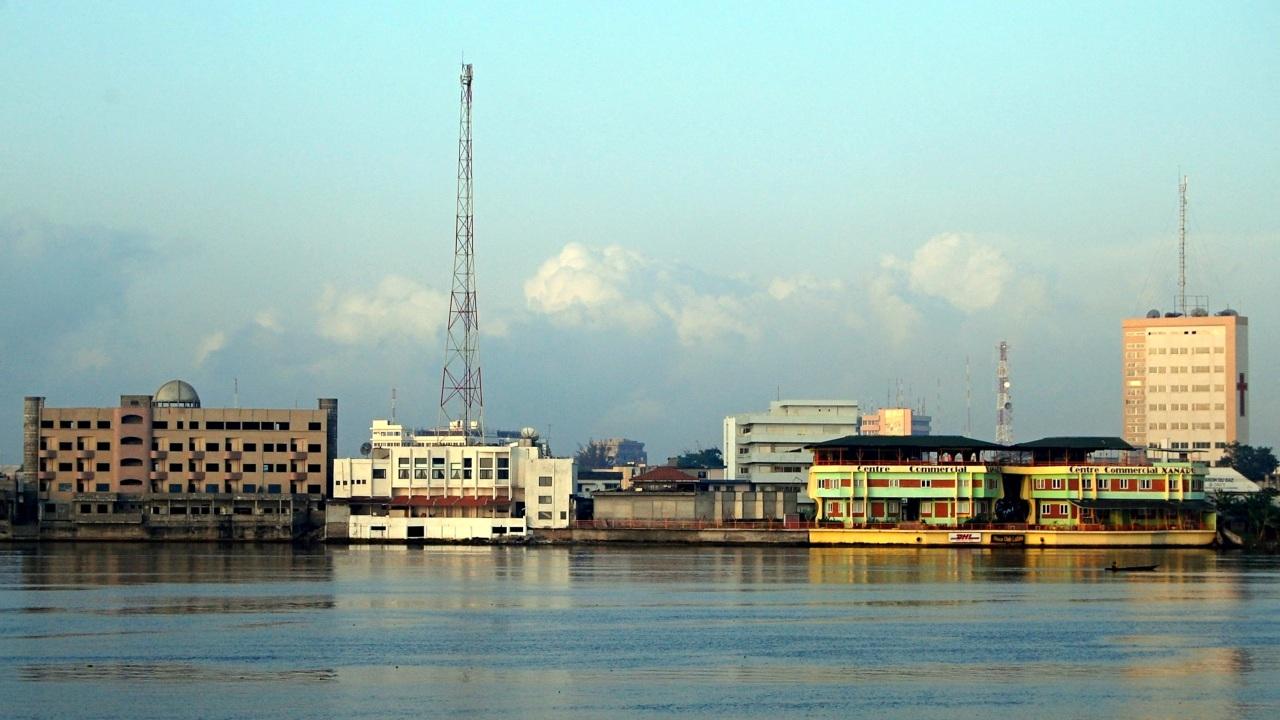Since the election of president-entrepreneur Patrice Talon in 2016, Benin has undergone a deepening of neoliberal public policy and an authoritarian turn. This, Joël Noret and Narcisse M. Yèdji write, led to an increase in abstentions in the latest parliamentary elections.
When he came to power in 2016, Patrice Talon was a well-known figure on the Beninese political scene. An entrepreneur who rode successive waves of privatisation in the cotton sector beginning in the 1990s. He became a significant source of funding for electoral campaigns by the early 2000s. His association with President Boni Yayi came to end in 2012 following Talon’s apparent attempt to poison Yayi.
Deepening neoliberalism
When Talon became president, he quickly announced a ‘Government Action Plan’, introducing deep reforms. The term neoliberalism may seem overused, but Benin has undergone a reengineering of the state in the service of its business elites. Systematic attacks on the power of organised labour and small-scale informal trade, led to the emergence of a two-faced state; soft on the rich and hard on the poor.
In 2018, the neoliberal and authoritarian turn combined to create a new court for the ‘Repression of Economic Crimes and Terrorism’, the CRIET. It quickly opened cases against political and economic figures, but also journalists. In the public arena, it has subsequently given rise to a widespread fear of being prosecuted for political opposition or for voicing criticism of the government. Between 2016 and 2021, the number of prisoners in Benin doubled from nearly 7,000 in July 2016 to more than 14,000 in December 2021.
In the name of the ‘liberation of public spaces’, eviction procedures have multiplied in the country’s major cities. In Cotonou, entire neighbourhoods have been destroyed, along with their entire social and economic fabric. Small informal commercial activities along paved roads have also been evicted in many places, which has particularly affected women who had been more involved in small-scale informal trade.
Since 2018, the government has openly opposed the right to strike. Strikes are now banned in many sectors deemed ‘vital’, from health to air transportation, and limited to ten days per year elsewhere. In August 2022, during an economic mission to France, Patrice Talon boasted to an audience of French entrepreneurs that Benin’s economic environment was now ‘totally deregulated‘, making it possible to ‘indefinitely employ someone on temporary contracts.’
The reforming zeal has also been matched in other areas. Roads have been tarmacked across the country, a new ‘special economic zone’ has been established, monuments to precolonial heroes have been erected to massage national pride, and cotton production has been boosted meaning Benin is now the continent’s biggest producer.
‘You can’t eat tarmac’
Despite these wide-ranging reforms, there is popular criticism of the government’s actions, and in particular its authoritarian turn. People denounced the absence of political opposition in the legislative elections of 2019 and the presidential elections of 2021. Public opinion largely considers the CRIET as an instrument of political repression at the service of the regime. Talon himself declared during the 2016 presidential campaign that ‘in small countries like ours, what allows a sitting president to be re-elected is his ability to subdue everyone.’
People regularly point to the fact that the government’s economic policies essentially serve the interests of the president himself. Massive incentives are deployed to increase cotton production, in which Patrice Talon still has major interests. Public procurement decisions see major contracts won by companies close to the government.
The sustained pace of Talon’s reforms has not so far led to inclusive economic growth, a fact which has led to the popularisation of the phrase ‘you can’t eat tarmac’. Despite the huge infrastructure projects people are not seeing an improvement in their living conditions. The government communicates aggressively about its programmes of job creation, from the development of agribusiness to the creation of the special economic zone devoted to industrialisation. Yet, the quality of such jobs is rarely discussed in a country now ‘totally deregulated’, and explicitly banning strikes, denying workers a key mechanism to demand better pay and conditions.
Lack of inclusion
In the last fifteen years, the poverty rate has barely moved. During Boni Yayi’s time in office, it rose from 37.5 per cent to 40 per cent in 2015. It stood at 38.5 per cent in 2019 and the government’s ambition for the next few years does not go beyond a possible 2 per cent reduction in this poverty rate by 2026.
For many, faced with this lack of inclusive growth, a form of indifference and resignation towards the political class has developed. A month before the elections, Talon finally announced a substantial increase in the minimum wage of about 30 per cent, the first wage increase since he took office. This move was not enough to convince voters to go to the polls en masse. After 27 per cent participation in the 2019 legislative elections held without the opposition, the elections of 8 January 2023 witnessed another very low turnout of 38 per cent, despite the participation of a structured opposition. This is a far cry from the 66 per cent turnout in the 2015 legislative elections.
The presidential coalition won 75 per cent of the seats in the new parliament. The president, who still enjoys some popularity, now boasts a very comfortable majority with which to pursue his reforms. The opposition did manage to win in important electoral districts, notably in the economic capital Cotonou and in the north of the country and matched the government in the centre of the country. A regional pattern, familiar in Benin’s political history, seems to have resurfaced, with a division between the political choices of the north and south of the country.
Two forms of abstention are now clearly on the rise. First, the abstention of those citizens increasingly disillusioned about a political class that produces at best non-inclusive growth. Second, the abstention of those who turn away from the ballot in view of the regime’s authoritarian turn. A mounting social distance is now settling between a growing part of the citizens on the one hand and the country’s institutions on the other. This division could be the crucial political dynamic in the months and years to come.
Photo credit: Présidence de la République du Bénin used with permission CC BY-NC-ND 2.0





